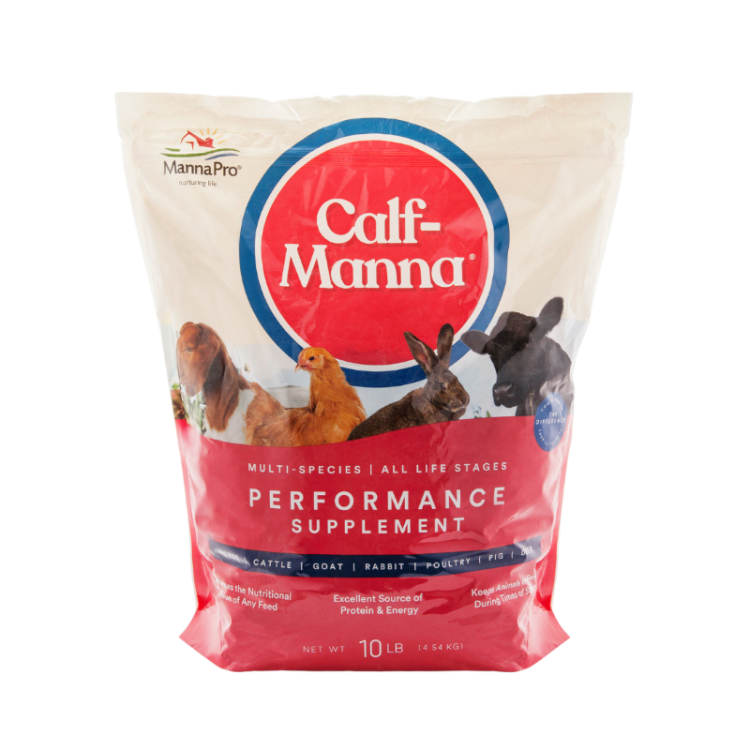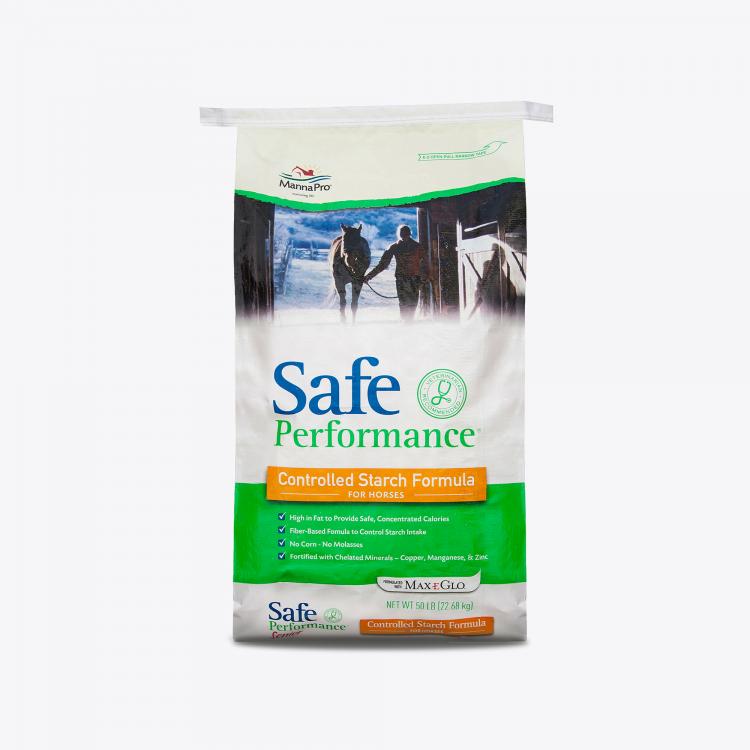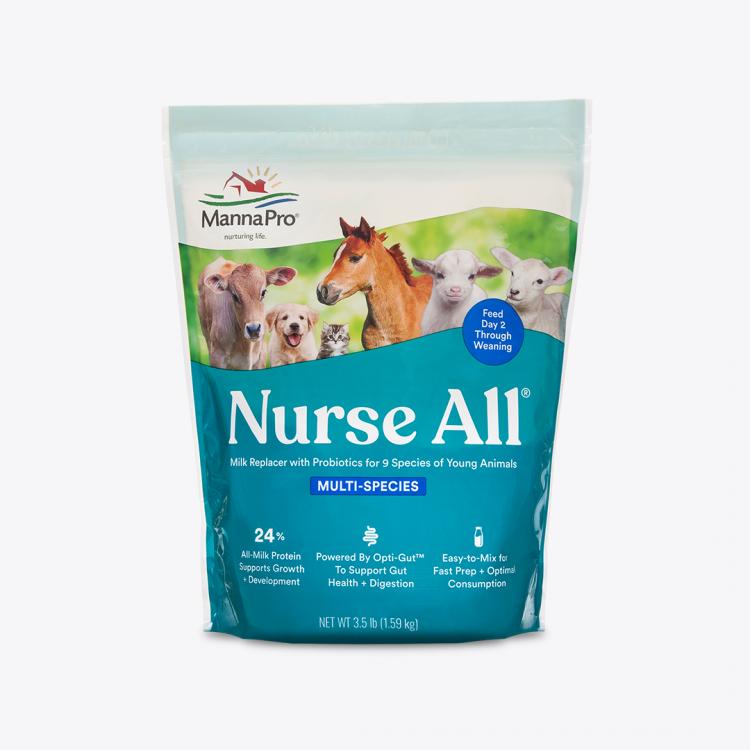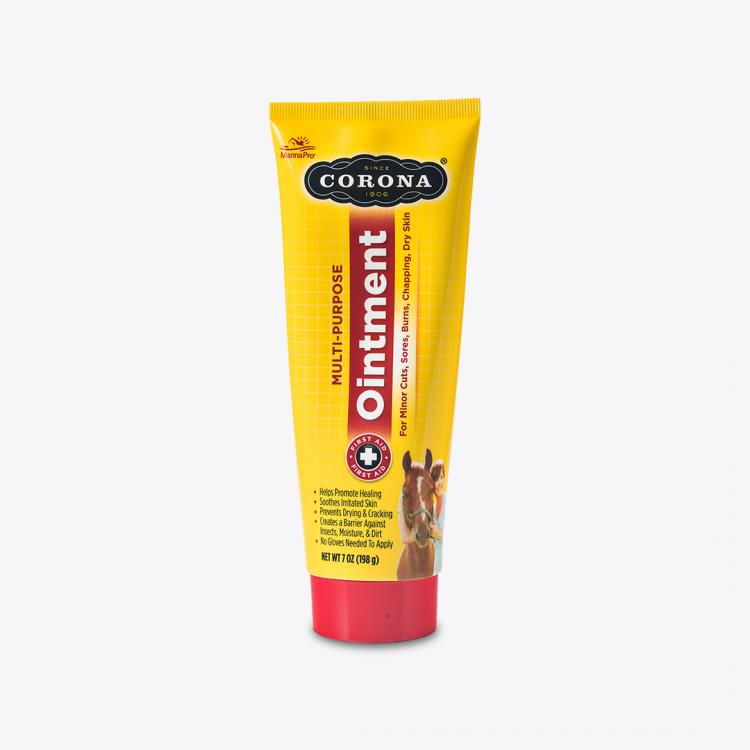Posted by Dr. Shannon Baker, DVM, Tue, Feb 25, 2014
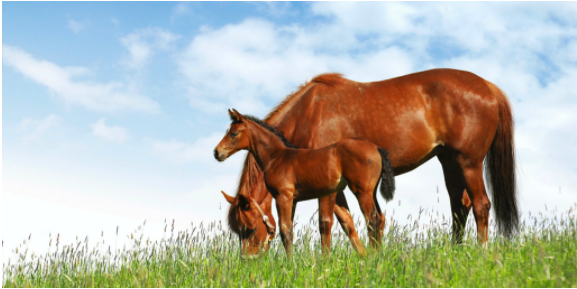
Spring is the time of year when we are anxiously awaiting new foals. What are some things we can do to make sure our foals are born healthy?
- First, we need to make sure we are supporting the mare’s nutritional needs during and after pregnancy. As long as your mare was in good body condition before getting pregnant and throughout the winter, she should not need any additional calories through the first 7–8 months of pregnancy. After that the foal gains weight rapidly, causing your pregnant mare to require approximately 20% more calories as well as additional protein, calcium and phosphorus. These requirements can be supplied through a good-quality hay and an appropriate mare and foal feed supplement intended for pregnant mares, such as Calf-Manna®. Fescue hay must be strictly avoided during the last 60 days of gestation, as it contains a toxic fungus that causes thickening of the placenta, retained placenta, prolonged gestation, difficulty foaling and failure to produce milk. The broodmare’s nutritional needs after birth and during early lactation increase to nearly 70% more than before pregnancy. As always, all increases in feeding should be made gradually.
- Second, we need to vaccinate the mare appropriately. Your mare should be vaccinated against Equine Herpes Virus during the fifth, seventh and ninth months of gestation to prevent miscarriage due to EHV1. She should also be given all her routine vaccinations (boosters) one month prior to foaling to ensure that the foal is protected at birth against preventable diseases. If the mare is not vaccinated, the foal will be susceptible.
- Third, we need to make sure that we take special precautions around the time of foaling. The paddock should have adequate shelter and fencing to prevent the foal from getting stuck in or under the fence, or the foaling stall should be bedded with straw. If you are lucky enough to witness the foaling, the foal should present front feet first, with the nose appearing between the two feet. The foal should be delivered within 30 minutes, standing within two hours and nursing within three hours. If not, your veterinarian should be called immediately. After birth, you should carefully examine the foal and dip the umbilicus in an iodine solution. If the umbilicus is bleeding, you can tie it off with dental floss or thin string. If all is normal, the mare, foal and placenta should be examined by your veterinarian within about 24 hours after birth. A simple blood test (IgG) will be administered to ensure that the foal is nursing adequately and the mare is producing good-quality colostrum.
By keeping these things in mind and following your veterinarian’s advice regarding any special circumstances, you can enjoy watching your foal grow up happy and healthy!
